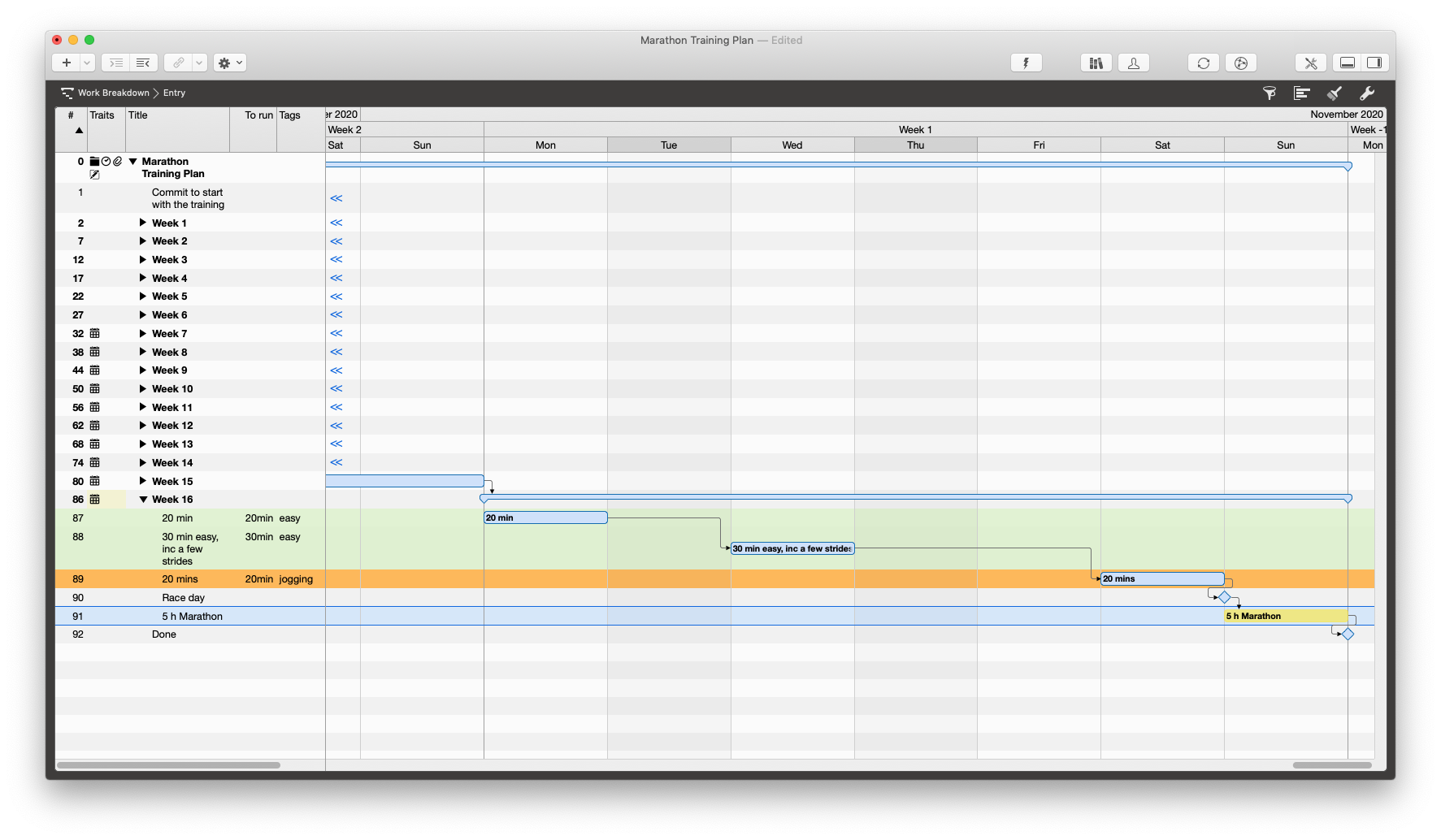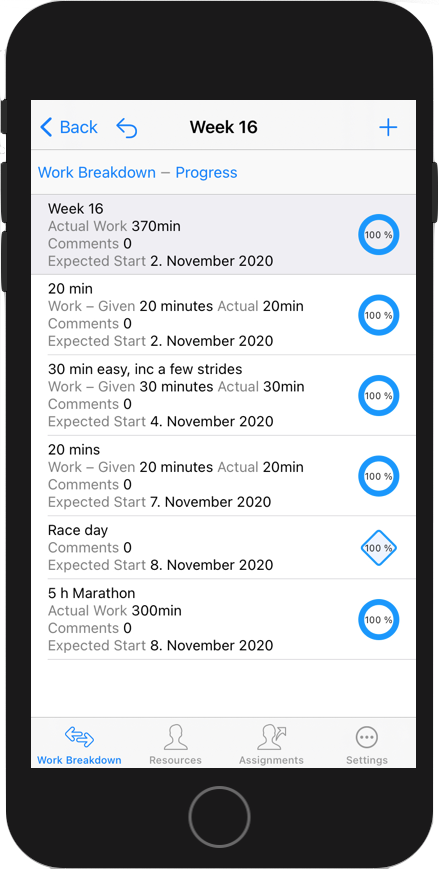I ran 4 marathons, what did I learn?

I ran my 4th marathon some days ago. Because of the Coronavirus, I ran solo, on a route I've chosen, as a virtual race, on the day it suited me. I was prepared and it was hard nevertheless. 42.195 KM (26.2 Miles) are never easy. The route tests your endurance, fitness and commitment. Not only on start, not just by little. It's always a challenge.
So now after having completed the task and the training for this event is done, while the body is in recovery mode, it's time for the mind to do the retrospect and set new goals. What went well? What went wrong? What did I learn? What do I do the next time? Will there be a next time?
Lot's of questions. Some answers will be more wordy than others, but let's start from the obvious one.
YES! There will definitely be a next time.
While I am not yet sure about the when, where and with whom, I am positive that there will definitely be a next time. Why? Simply because each marathon is a completely different experience, it teaches me something new, it's work but also fun. I always liked to be outdoors, swim, sail, play water polo or basket, running was never something I would do for athletic reasons. As a child, running was a game or something you do to get things done more quickly, because walking is slow and boring. As a young adult, running was dull because I thought it meant going for long jogs. When I realized that it might be indeed a sport and did it regularly, I came to actually love it.

Running is 90% mental. The remaining part is simply a head thing.
I've spent weeks in preparation, burned calories in difficult training units, payed money on clothes and healthy and not so healthy foods, tested my nerves on wareables. All this effort on the day of the race. What did it give me? What did I learn?
It helps to have a plan. Without a goal why bother?
To complete the task you need to be prepared. Issues may always occur. Things can go wrong. The weather may play against you. Your mind may be telling you, this training load it's too much. If you have a plan, if you commit yourself to those 4 or 5 training units per week, if you've set a goal, it's easier to concentrate on the training unit you're in. You simply do this, and trust that it helps you getting better, fitter, stronger towards the event. Is the training demanding? Good. This is the way to prepare. Do you think the slow part of the long run feels too slow? Awesome. That means if you would increase the pace on the day of the race, you will be just fine. The training should help you little by little and always push your current state.
It's as easy to overdo, as it is to underdo it.
Surely, the first time you set your mind on running a new distance, you don't look for a training plan. You simply give it a try and check if it is possible in a pace it feels good to you and you are fine with while trying. When considering some longer distances, or maybe want to accomplish them in a specific amount of time, pace, finish position, you'll need a training plan or a trainer. There are various training plans in the internet and books. When selecting a plan, try to choose one fitting you. Be honest but also kind to yourself. The best training plan developed for a completely different type of athlete (in terms of age, gender, fitness level, training in specific climate conditions etc) won't suit you and it might even be harmful to you. So take your time, do a little research, check the various training options. You will be more willing to complete a difficult leg of preparation, if you trust the plan.
After having ran my first marathon without a particular plan, while planning the second one, I found the basic training plan for a marathon on RUNNER'S WORLD.
For me it was only logical, that I would compile this information into a Merlin Project plan, to be able to check on my weekly activity, record progress, make notes, and have a way evaluating afterwards the results.

I defined two project calendars, one with 4 another with 5 training units per week, used colours to indicate the pace variations, defined the project end (the end of the marathon) and let Merlin Project calculate me the day and week I needed to start with my training.
What went well? What went wrong?

All in all, training went well. I used my plan, concentrated in the particular week I was in, pushed once or twice a training to another day when a friend could join me. Got up early, or went out late to avoid a bad weather. Which of course didn't always worked and I've had my share on wind, snow, hail, rain or heat anyway. Marking one after another the training units on my phone kept me going.
When recalling things going wrong, I can only remember of a day when I stopped the intervals half way through because of a sudden heat wave, cramps on the marathon day itself at 30KM, or the disappointment I felt last year, receiving the cancellation news due to the Coronavirus outbreak for 2 marathon races I was registered to run.
Which brings up back to the question what went well? and how I feel blessed and thankful for staying safe and away of any health issues throughout these crazy times.
What did I learn? What do I do next time?
It's nice to have a plan, tools like Merlin Project, my iPhone or AppleWatch I can trust, people I can share my thoughts with. Sometimes things do not work out as you would like, but this experience helps for the next time.
If you are a runner and in need for a basic 16 weeks to marathon training plan, be our guest. The template is free of charges, opens with Merlin Project on macOS, iPad or iPhone.
Note: To edit the template, you'll need a running subscription for the apps.

